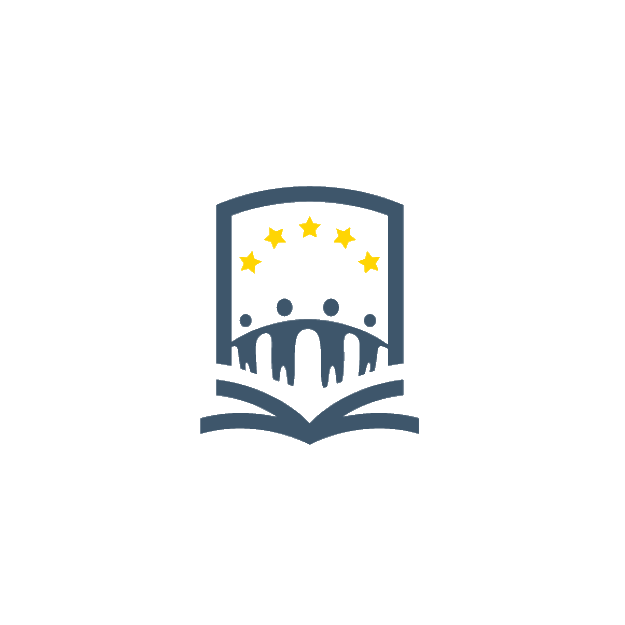Massive political pressure had already severely weakened civil society structures in Russia before February 24. Nevertheless, it seemed that Russian civil society was developing under great difficulties: More and more people showed commitment, social activities and civic initiatives expanded. In early 2022, there was still room for civil engagement in Russia - despite increasing repression.
But with the criminal war against Ukraine, even the remnants of what democratic civil society had spent 30 years building were destroyed.
Is there still a civil society in Russia today? Under what conditions can it have a chance to influence politics in the future? Can grassroots democratic initiatives survive in an authoritarian state? How can the international community support Russian civil society and prevent its isolation?
Discussing:
- Ekaterina Schulmann, Russian political scientist, Fellow at the Robert Bosch Academy in Berlin.
- Prof. Angelika Nußberger, University of Cologne, Director of the Academy for the Protection of European Human Rights.
The discussion will take place next Wednesday, November 23, at 8:00 p.m. in the reading room of the Academy for European Human Rights Protection of the University of Cologne, Kerpener Str. 30, 50937 Cologne, as well as online. It will be simultaneously translated into German and Russian.
Registration at: https://forms.gle/Fwys7CJ97FjnLJv67. Attendance is also possible without registration.
The discussion is a cooperative event of the German Sakharov Society, the Cologne/Bonn branch of the German Society for Eastern European Studies, the University of Cologne and the Lew Kopelev Forum. It takes place within the framework of the project "Dialogues in the Turbulence Zone", which is supported by the German Federal Foreign Office.
Information partner: Youtube channel "O strane i mire" (About the country and the world)
